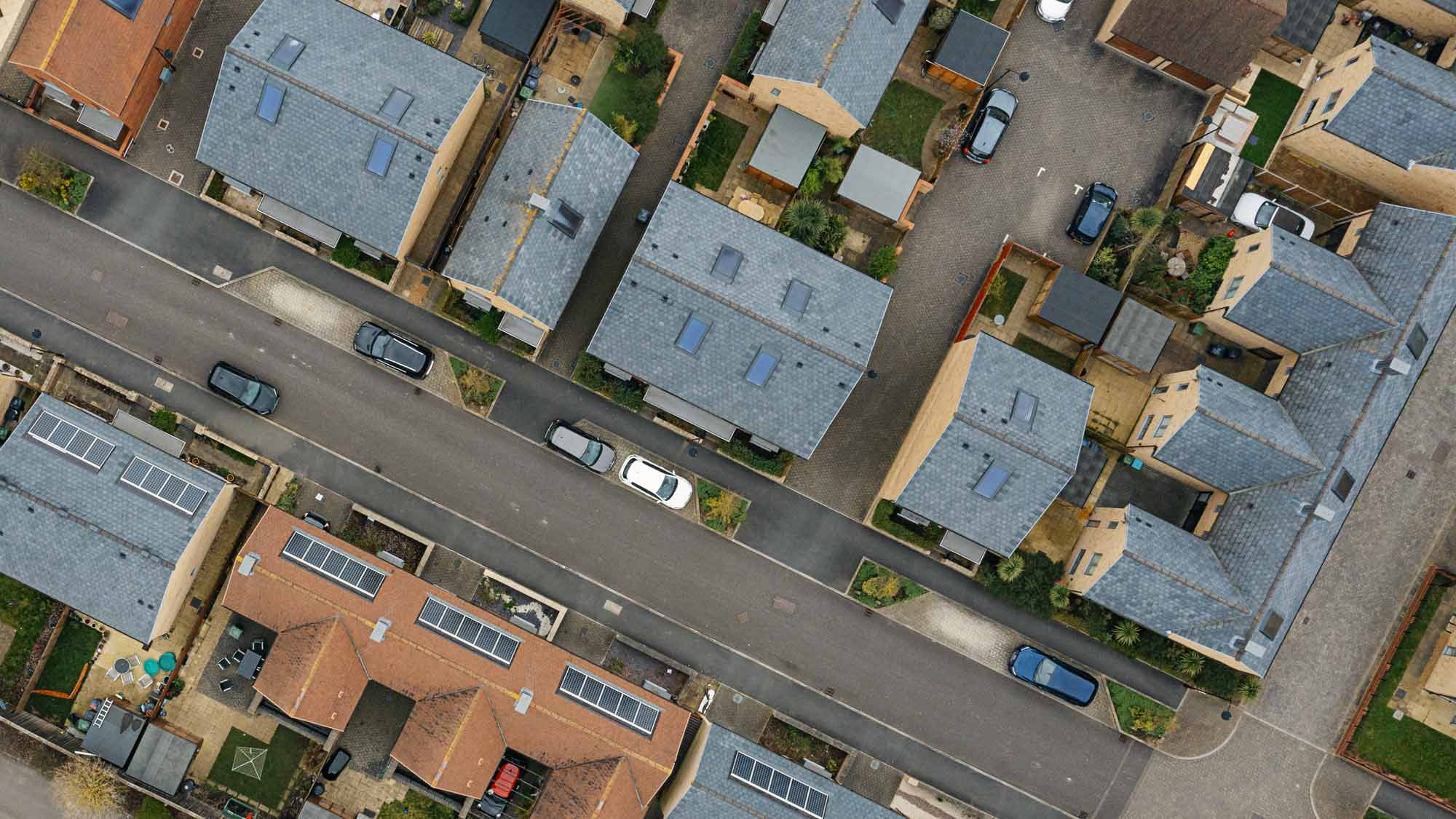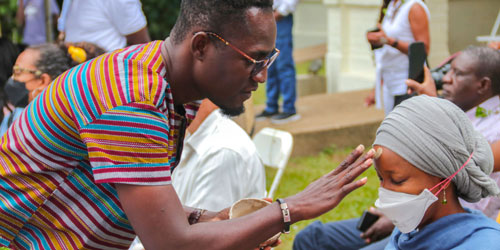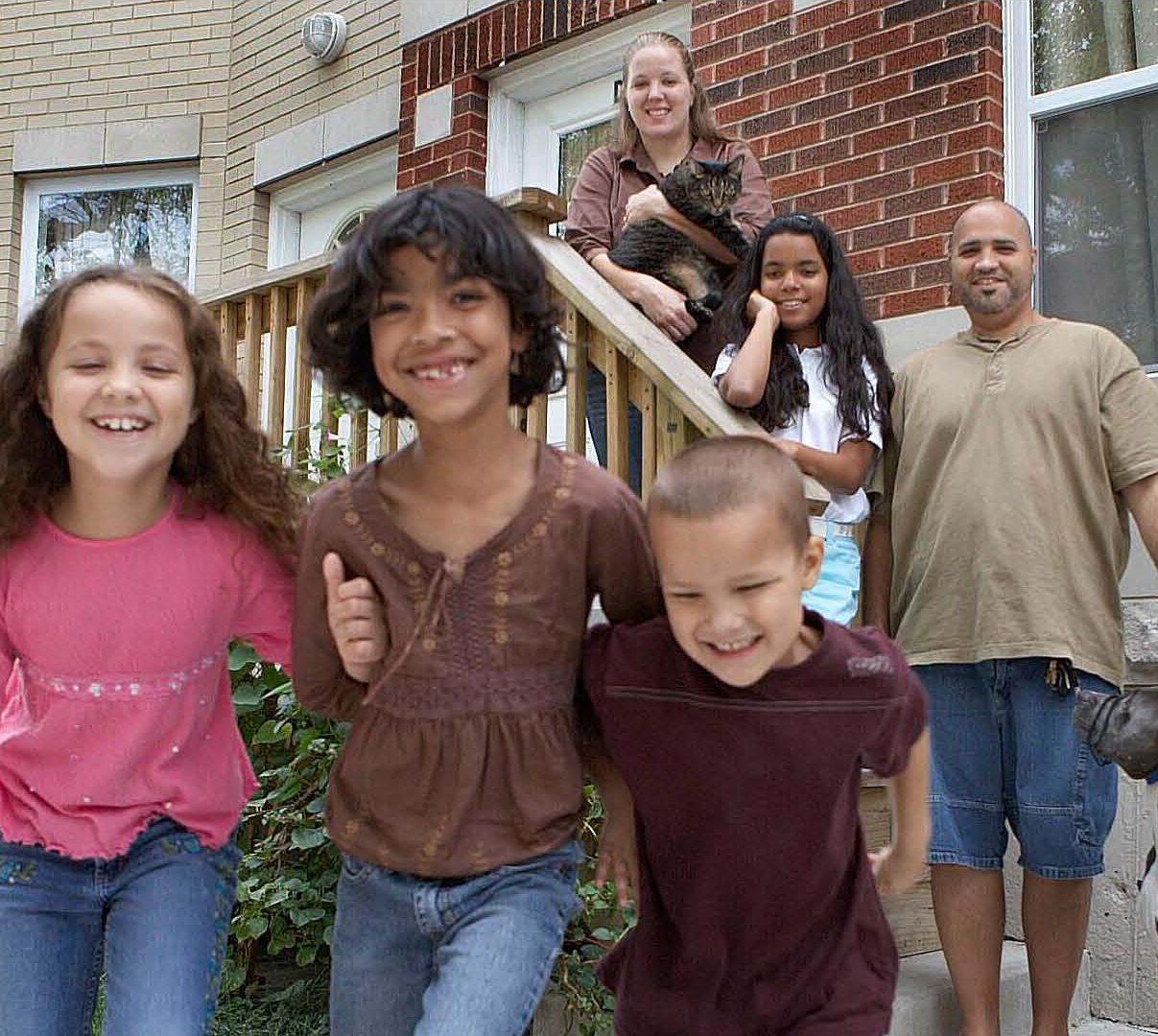MacArthur Foundation and Urban Institute launch the Just Home Project to empower communities to provide housing to justice-involved people.
Today, the MacArthur Foundation and the Urban Institute announced the launch of the Just Home Project, a national program designed to advance community-driven efforts to break the links between housing instability and jail incarceration. Through the initiative, four communities (Charleston County, South Carolina; Minnehaha County, South Dakota; City and County of San Francisco, California; and Tulsa County, Oklahoma) were selected to receive grant funding from MacArthur to create a plan for addressing this crisis in their community with technical assistance and coordination from Urban.
At the completion of their planning process, each community is eligible to receive an investment from a MacArthur $15 million pool of impact investment funding to implement their plan and acquire or develop housing for populations that are not being served by current housing resources.
One in four people had periods of homelessness in the year before their incarceration, and the problem has worsened due to the COVID-19 pandemic. People who have been incarcerated face significant barriers to finding and maintaining stable housing. Incarceration can lead to job loss or other financial problems that threaten their ability to pay for housing. People with a history of justice involvement also have limited access to housing assistance through government programs and often face discriminatory screening practices when applying for housing. And experiencing chronic homelessness can increase the chances that a person becomes involved with the justice system due to the criminalization of sleeping, sitting, and asking for money or resources in public spaces.
MacArthur and the Urban Institute hope to foster innovation that will develop new models for addressing this serious and persistent problem. With the awards along with technical assistance and coordination from Urban, each community will develop their own unique plan for addressing the links between jail incarceration and housing instability. These resources, and the subsequent opportunity to receive investment financing from the MacArthur Foundation, will allow the communities to tackle this problem collaboratively by bringing together government officials involved with criminal justice and housing, nonprofit partners, and impacted community members to develop innovative approaches to this issue.
“People of color continue to be disproportionately harmed by contact with the criminal justice system and housing instability—these disparities became increasingly pronounced during the COVID-19 pandemic,” said Kelly Walsh, a principal policy associate in Urban’s Research to Action Lab and Justice Policy Center. “As the four selected communities plan for pandemic recovery, the groundbreaking Just Home Project will ensure that housing for justice-involved people is part of that recovery. We are proud to provide support and coordination to local decision makers as they plan innovative strategies to break the jail-housing instability cycle.”
“Criminal justice reform cannot happen in a silo—it is pivotal to address adjacent issues that contribute to ongoing crises in the system,” said Laurie Garduque, Director of Criminal Justice at the MacArthur Foundation. “Tackling housing instability head-on is critical to decreasing the misuse and overuse of jails and systemic and structural racial inequities, and it is a much-needed step toward transforming the entire justice system. We look forward to working with community residents and system stakeholders in Charleston, Minnehaha County, San Francisco, and Tulsa to support innovation and create new models of housing that can lead to new models for reform.”
The Just Home Project began with a $5 million grant from MacArthur as part of its Equitable Recovery Initiative. Of these funds, $3.2 million will directly support the work in the selected communities, and $1.8 million will support the Urban Institute’s technical assistance work and its coordination of the program.
By coupling grant funding with impact investments, this demonstration project seeks to unlock local government innovation, absorb risk that housing providers are hesitant to take, and provide much-needed support for people in danger of remaining trapped in a cycle of housing instability and jail.
Selected communities will have the opportunity to receive additional support from MacArthur in the form of impact investments, which expand MacArthur’s capacity to achieve its philanthropic goals. To help participating communities acquire or develop housing that meets the needs of justice-involved individuals, MacArthur plans to provide long-term loans totaling up to $15 million.
All four of the selected communities are members of the MacArthur’s Safety and Justice Challenge, an initiative that began in 2015 to reduce the overall jail population as well as racial and ethnic disparities in jails. The project also draws on MacArthur’s experience supporting affordable housing through impact investments and grants as part of its Housing program, which ended in 2019.
“Charleston County is thrilled to have the opportunity to partner with the MacArthur Foundation on this project,” said Christine DuRant, Deputy County Administrator of Community Services for Charleston County. “We look forward to building upon the successful progress already established by our Criminal Justice Coordinating Council and the Charleston Center, as well as capitalizing on new resources being dedicated to housing by the County. With support from the Urban Institute, our team aims to create a community-informed program that takes a housing-first approach paired with targeted supportive services for individuals caught in the revolving door between homelessness and incarceration. Our hope is that this demonstration project will set the stage for additional efforts that contribute to decreasing jail population and tackling the racially disparate footprint that the criminal justice system has on our community.”
“In Sioux Falls it’s extremely difficult to get housing when you have a history with the criminal justice system,” said Greg Sands, a businessman in Minnehaha County and justice-involved person who provides employment opportunities for people who have been incarcerated. “With that said, we are blessed in our community to have state, county, and private sector businesses always collaborating to achieve common goals of helping those in need.”
"Through the Just Home Project, San Francisco will build partnerships and improve our work to support those most impacted by homelessness and incarceration,” said San Francisco Mayor London N. Breed. “The Just Home Project will help us create housing solutions, address racial inequities, and strengthen our community."
“Our data clearly show that justice involvement is one of the most significant barriers to obtaining quality, affordable housing," said Becky Gligo, Executive Director at the Tulsa-based Housing Solutions. "When coupled with the disparate impact the justice system has on communities of color, you have the foundation for mass housing insecurity. This is an exciting opportunity to empower impacted communities, educate the public and move our housing goals incrementally forward. We look forward to working with our partners to tackle this barrier head on and create more housing opportunities for justice-involved and housing insecure Tulsans.”






